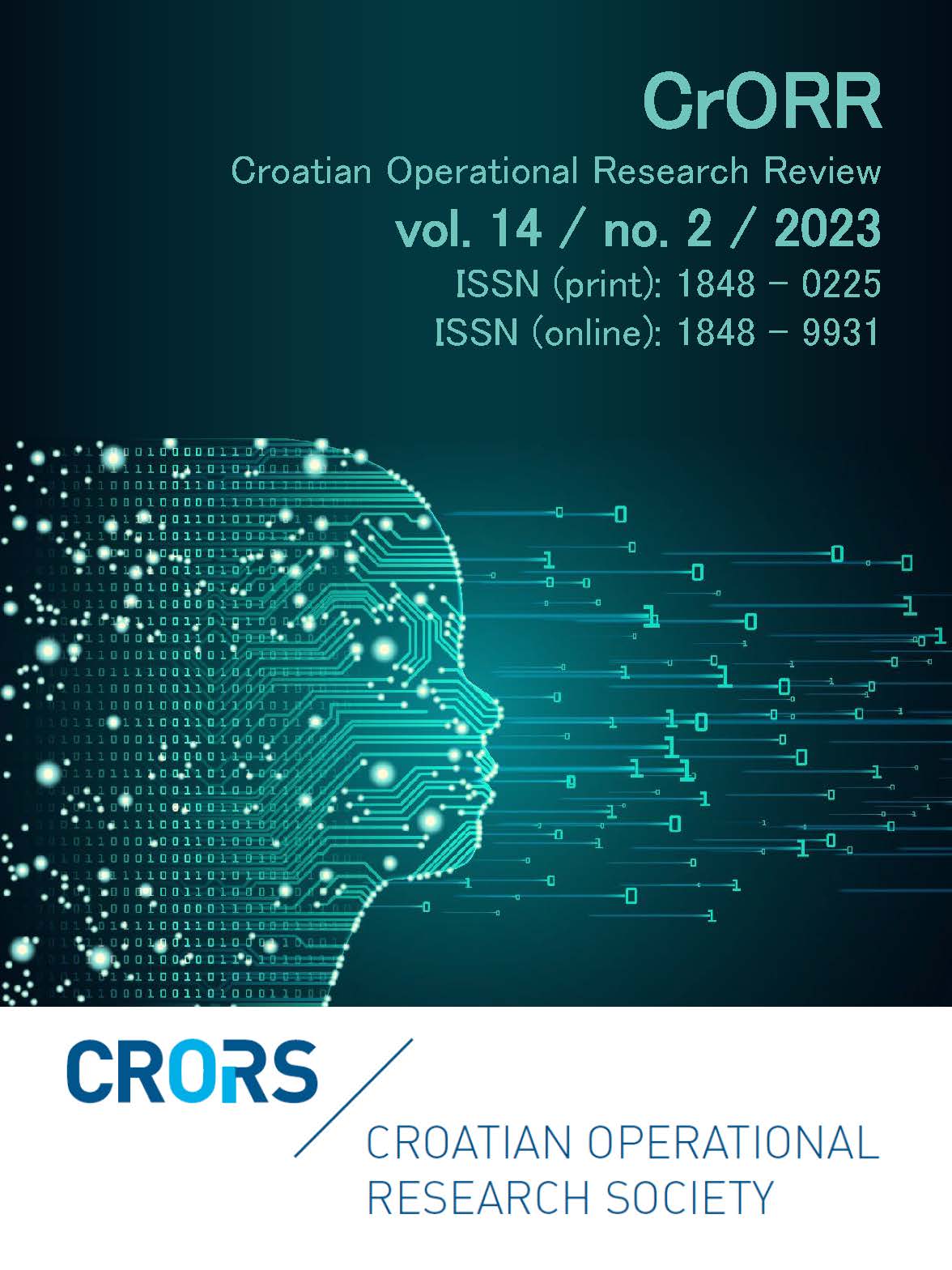Classifying scuba diving sites through diver reviews with a web scraping based UTADIS application
Abstract
This research addresses the utilization of user-defined and web-based data for decision-making in recreational activities, focusing on the case of scuba diving, a globally significant recreational pursuit. While a wealth of user-generated information is available on the internet for various leisure activities, harnessing this data involves extensive data collection and organization efforts. Our proposed methodology involves the collection and organization of user reviews, both in verbal and quantitative forms, to create a pertinent dataset for applying multiple criteria decision methodologies to classify diving sites worldwide. An initial dataset containing over 14,000 diving sites worldwide is aggregated into 721 regions and these regions are classified using UTADIS methodology. The research showcases how user-generated review data can be transformed into valuable information, applying classification algorithms of multiple criteria decision analysis within the context of scuba diving. Furthermore, the proposed approach in this research holds the potential to serve as a model for leveraging user-generated data in decision-making processes across various service sectors such as hospitality and leisure that highly rely on customer experience by providing new insights on how more data-driven approaches can be utilized.
Downloads
Published
Issue
Section
License
- Authors retain copyright and grant the journal right of first publication with the work simultaneously licensed under a Creative Commons Attribution License that allows others to share the work with an acknowledgement of the work's authorship and initial publication in this journal
- Authors are able to enter into separate, additional contractual arrangements for the non-exclusive distribution of the journal's published version of the work (e.g., post it to an institutional repository or publish it in a book), with an acknowledgement of its initial publication in this journal.
- Authors are permitted and encouraged to post their work online (e.g., in institutional repositories or on their website) prior to and during the submission process, as it can lead to productive exchanges, as well as earlier and greater citation of published work (See The Effect of Open Access).


